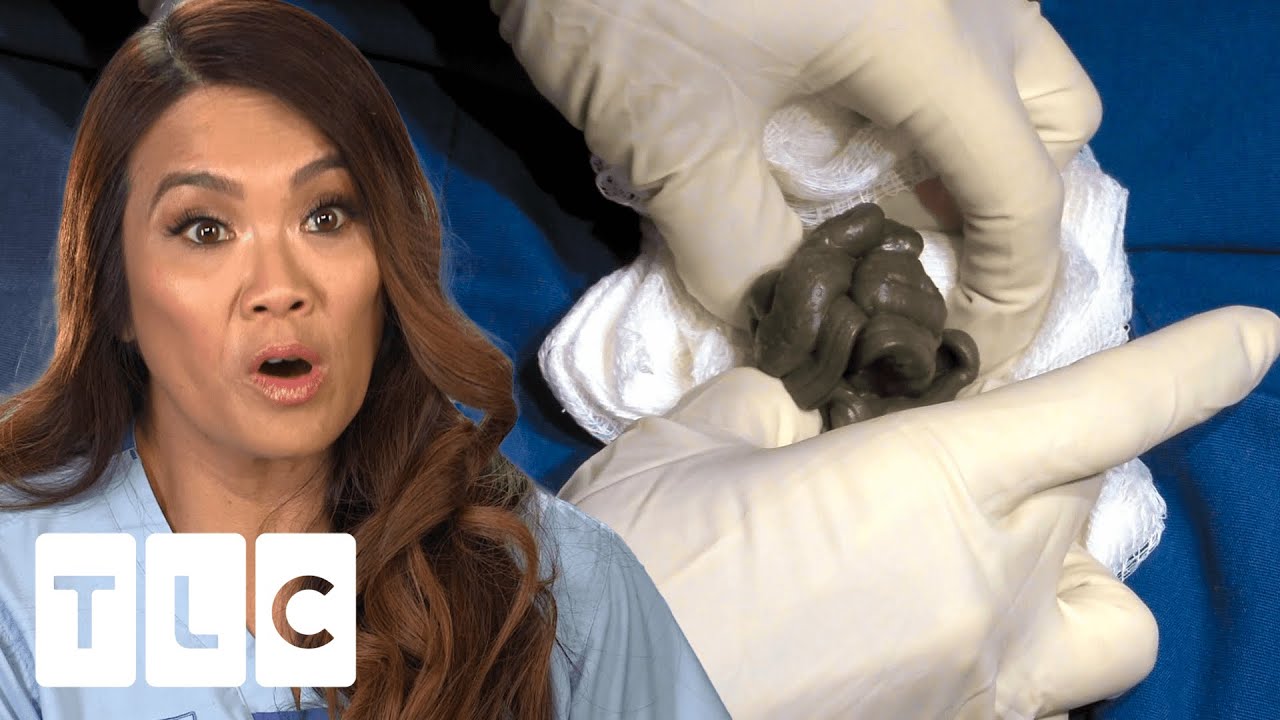4. Stay Active
Incorporate physical activity into your routine. Whether it’s a brisk walk, yoga session, or dance class, moving your body can release endorphins, which help boost your mood and reduce stress.
5. Keep a Gratitude Journal
Spend a few minutes each day writing down things you are grateful for. This simple practice can help shift your focus from stressors to the positive aspects of your life.
Exploring the Science Behind Relaxation
Understanding the science behind relaxation can help you appreciate its importance. Research has shown that relaxation techniques can positively influence our physiology and psychological health.
The Physiology of Stress
When faced with stress, the body enters a “fight or flight” mode, releasing hormones like adrenaline and cortisol. Prolonged exposure to these stress hormones can lead to various health issues, including heart disease, obesity, and diabetes. By engaging in relaxation techniques, we can counteract these physiological responses, allowing our bodies to return to a state of equilibrium.
The Psychological Benefits
From a psychological perspective, relaxation techniques have been shown to reduce symptoms of anxiety and depression. Techniques like mindfulness meditation rewire the brain, increasing activity in areas associated with emotional regulation and decreasing activity in the amygdala, the part of the brain responsible for fear responses.
Testimonials from Participants
Many individuals have shared their experiences with the “Relax Every Day” program, highlighting its transformative effects:
Jessica, 34
“Before I started Dr. Lee’s program, I felt constantly overwhelmed. The mindfulness meditation and breathing exercises have really changed my outlook on life. I feel calmer and more in control.”
Michael, 45
“Incorporating daily relaxation into my routine has improved my sleep and overall mood. I never thought something so simple could have such a huge impact!”
Sarah, 29
“I was skeptical at first, but the gratitude journaling has helped me focus on the positives. I find myself smiling more throughout the day.”
Common Challenges and How to Overcome Them
While the benefits of relaxation are clear, many people face challenges when trying to incorporate these practices into their lives. Here are some common obstacles and solutions:
1. Time Constraints
Many people feel they don’t have enough time to relax. However, relaxation doesn’t require hours. Start with just a few minutes a day and gradually increase as you become more comfortable.
2. Difficulty Concentrating
If you find it hard to focus during mindfulness practices, try guided meditations. There are numerous apps and online resources that can assist you in staying on track.
3. Skepticism About Effectiveness
Some may doubt the effectiveness of relaxation techniques. Remember that relaxation is a skill that takes time to develop, so be patient with yourself and stay consistent.
Conclusion
Dr. Sandra Lee’s “Relax Every Day” program offers a valuable toolkit for anyone looking to reduce stress and enhance their overall well-being. By incorporating relaxation techniques into your daily routine, you can reap the myriad benefits of a calmer, more focused mind. Remember, relaxation is not merely an escape; it is a vital practice that can lead to a more fulfilling and healthier life. So, set aside a few minutes each day to relax, and watch how it transforms your mind and body for the better.


